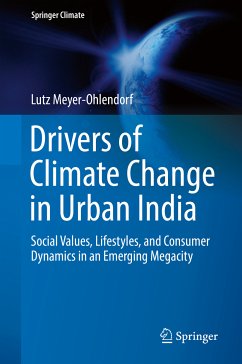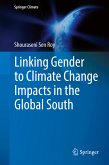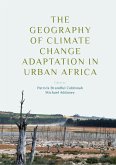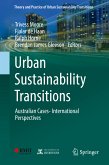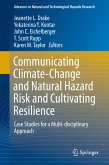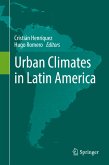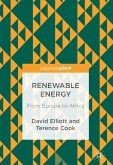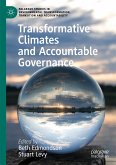This study transcends the homogenizing (inter-)national level of argumentation ('rich' versus 'poor' countries), and instead looks at a sub-national level in two respects: (1) geographically it focuses on the rapidly growing megacity of Hyderabad; (2) in socio-economic terms the urban population is disaggregated by taking a lifestyle typology approach. For the first time, the lifestyle concept - traditionally being used in affluent consumer societies - is applied to a dynamically transforming and socially heterogeneous urban society. Methodically, the author includes India-specific value orientations as well as social practices as markers of social structural differentiation. The study identifies differentials of lifestyle-induced GHG emissions (carbon footprints) and underlines the ambiguity of a purely income based differentiation with regard to the levels of contribution to the climate problem.
Dieser Download kann aus rechtlichen Gründen nur mit Rechnungsadresse in A, B, BG, CY, CZ, D, DK, EW, E, FIN, F, GR, HR, H, IRL, I, LT, L, LR, M, NL, PL, P, R, S, SLO, SK ausgeliefert werden.

